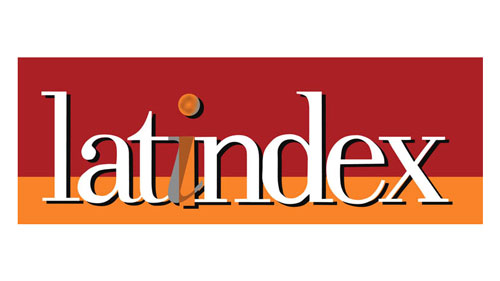Critical perspective and material design in the context of the Center for Language Studies of the State of São Paulo: the case of English
DOI:
https://doi.org/10.26512/rhla.v17i1.9201Keywords:
Critical pedagogy, Post-method pedagogy, English language teaching materials, EnglishAbstract
In this paper, we investigate the English language teaching material of the Language Studies Centers of the State of São Paulo (CEL), seeking to perceive indications that point to the presence of a critical dimension in its design. Our analysis, based on aspects of Critical Pedagogy and Post-Method Pedagogy, was guided by three fundamental axes: the central theme of the units; the use of codes; and the way these codes are explored. We note that the material does not seem to align with a critical perspective, assuming a hidden curriculum of non-questioning of the status quo and conceiving language and its context of teaching and learning as something disconnected from socio-political issues. This way, we understand that the material does not seem to contribute to the establishment of a pedagogical proposal committed to the citizenship education of its students. We understand that the results of our analysis can contribute as a reference to the production of language teaching material that considers the critical dimension in its design, either for English or for the other languages offered by the Language Studies Centers.
Downloads
Downloads
Published
How to Cite
Issue
Section
License

A Revista Horizontes de Linguística Aplicada de http://seer.bce.unb.br/index.php/horizontesla/index é licenciado sob uma Licença Creative Commons Atribuição-Uso não-comercial-Vedada a criação de obras derivadas 3.0 Unported.
- Autores mantém os direitos autorais e concedem à revista o direito de primeira publicação, sendo o trabalho simultaneamente licenciado sob a Creative Commons Attribution License o que permite o compartilhamento do trabalho com reconhecimento da autoria do trabalho e publicação inicial nesta revista.
- Autores têm autorização para assumir contratos adicionais separadamente, para distribuição não-exclusiva da versão do trabalho publicada nesta revista (ex.: publicar em repositório institucional ou como capítulo de livro), com reconhecimento de autoria e publicação inicial nesta revista.




